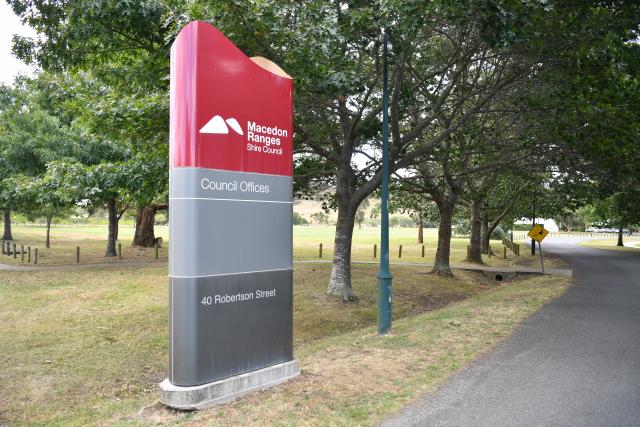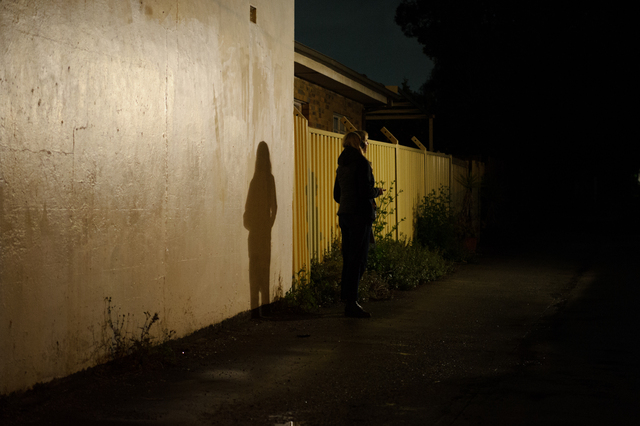Pipers Creek Landcare is calling for Macedon Ranges residents to be vigilant about taking action against the invasive gorse shrub, which affects the region.
Gorse is a perennial shrub that grows up to four metres tall and three metres wide, with distinct and bright yellow flowers that are described as ‘pea-like’.
It is considered a major agricultural weed in Tasmania and regions of Victoria.
According to Agriculture Victoria, gorse competes with young trees, shrubs, and understorey species, invades all pasture types and significantly reduces grazing capacity, creates a significant bushfire risk, and creates acidic and nutrient-deficient soil.
In a media release issued by Pipers Creek Landcare, the group warns that gorse is probably the most invasive weed of economic significance in the Macedon Ranges and “continues its insidious invasion of the landscape, unchecked and often ignored, being seen as an issue too big to deal with or someone else’s problem.”
A spokesperson for the group said that managing the weed is possible and it is “everyone’s problem” to address, particularly property owners.
Pipers Creek Landcare and Victorian Gorse Taskforce member Peter Sporle said that if left unchecked, gorse will “decimate the Macedon Ranges landscape, have a huge impact on property values and create an unprecedented fire hazard in rural residential areas such as the prized hinterland around Kyneton, Malmsbury and Woodend townships.”
As the weed has a 50-year seed viability and thrives in Macedon Ranges climate and soil, Mr Sporle said that it presents “possibly the greatest threat to environmental sustainability in the region.”
After a gorse control demonstration day earlier this year, Pipers Creek Landcare will host a follow-up day on Saturday, November 2 in Pipers Creek, demonstrating mechanical and chemical methods.
Details: register interest in the demonstration by emailing piperscreeklandcare@gmail.com

















